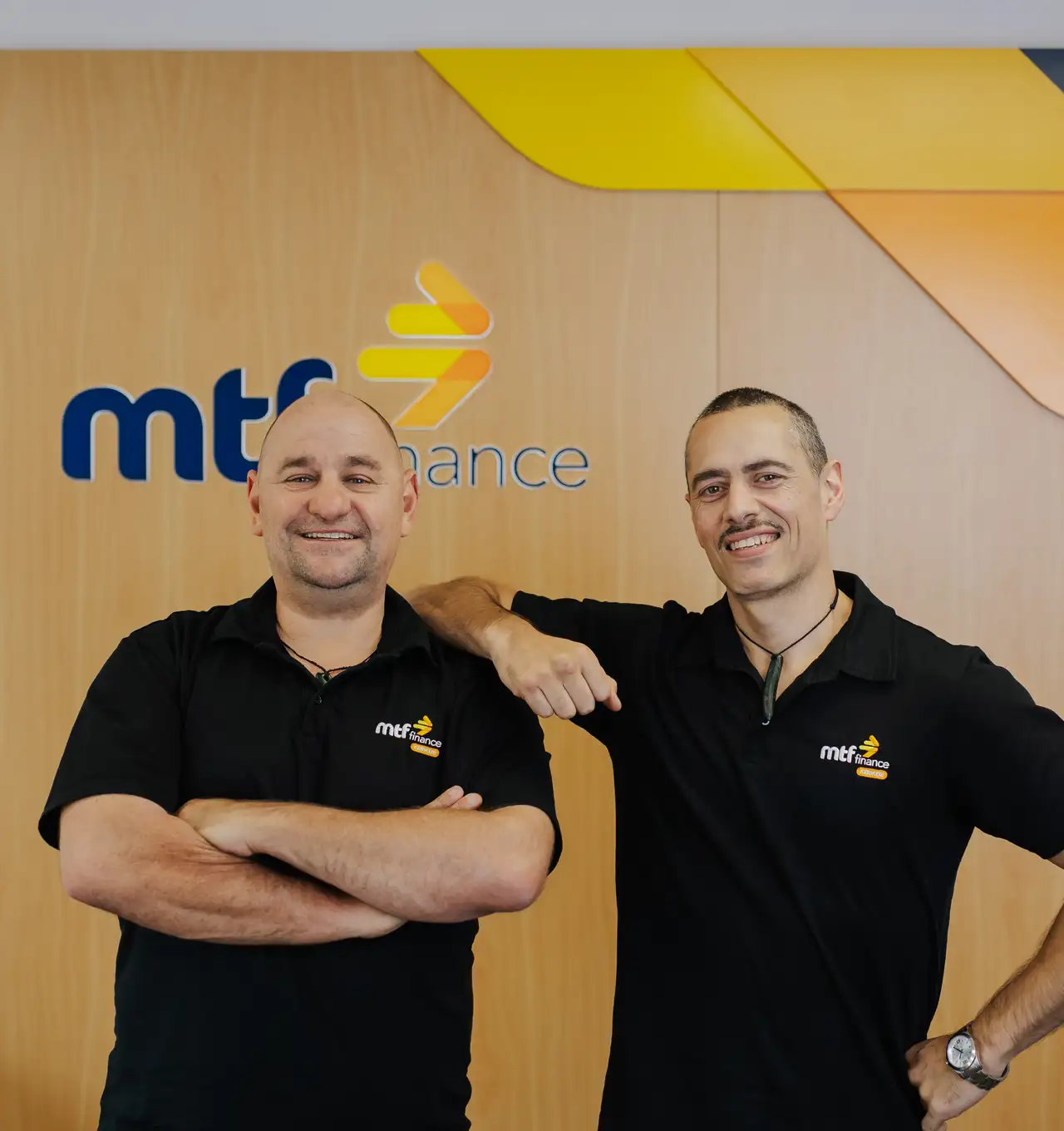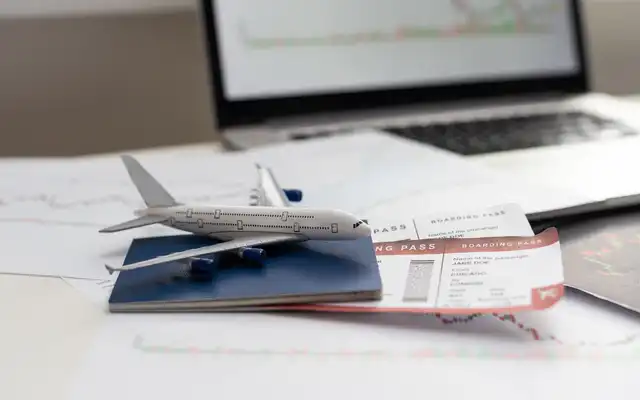Born and bred in the South Island, Gio has truly leaned into the adventurous nature of his Iwi. Gio worked in Dunedin as a high-voltage linesman before moving to Invercargill. However, whenua (homeland) started calling, and it was time for Gio to head home to Kerikeri to raise his tamariki (children) and allow them to learn about their whakapapa (genealogy).
"I wanted to be close to my whanau. I love it here; the picturesque, postcard worthy beaches and the kai moana (seafood) is the best!"
Gio doesn't like to describe himself as fluent in Te Reo Māori, explaining that there is always so much to learn as the Māori language grows and adapts.
"You can go to a marae and speak to the fluent elders about IT and kaumātua (elders) might not understand the words, so it's hard for anyone to be 'fluent'. Learning a language is a lifelong journey."
At home, Gio and his partner speak Te Reo Māori to their children. When it comes to business life, Gio converses in English. He incorporates Te Reo Māori into everyday language by using keywords as he talks, interchanging English with Māori; this enables people from different cultures and languages to hear and understand.
We asked Gio his advice for Kiwi businesses wanting to include more Te Reo Māori in their corporate communications, and his response was simple. "Policy alone doesn't work; the want and drive to do it has to come from within the organisation. The staff need to want to include it, learn it, and try it. We don’t want businesses to think they have to tick a box and participate in Te Reo Māori; there must be a willingness to incorporate it into wider communications. Speak with your local manawhenua (local Iwi) about how to best include it."
Here are Gio's Te Wiki o te reo Māori phrases for you to try:
- You’re on mute... – Korero ake mai!
- Let’s go for coffee, my shout! – Pai ana ki a koe mehemea ka hoko inu au mau!
- Do you have time for a quick chat? - He aha nga mea hou?
- Nice work, that’s an awesome deal! – Ka pai to mahi, ka mau te wehi!
- Have a great weekend, see you next week. - Kia pai to wiki mutanga, ma te wa a tera wiki.
- See you later! - Ka kite anō!



